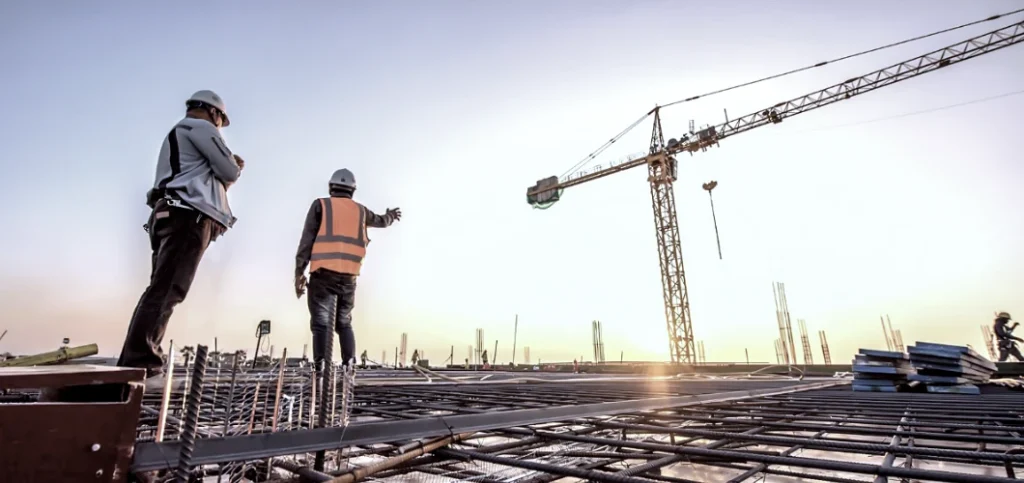Legacy is more than just a name—it represents years of hard work, dedication, and expertise. In the construction industry, preserving a company’s legacy ensures that its values, reputation, and contributions continue to benefit future generations. As businesses grow, evolve, and transition to new leadership, maintaining their legacy becomes crucial. This article explores the significance of legacy preservation in construction and provides actionable strategies to safeguard it.
1. Why Legacy Matters in Construction
The construction industry is built on trust, craftsmanship, and long-term relationships. A strong legacy reflects a company’s reliability and commitment to excellence. When a company’s legacy is preserved, it:
- Strengthens brand reputation
- Enhances client trust and loyalty
- Attracts skilled professionals who value stability
- Maintains business continuity during transitions
Without proper legacy preservation, a business may lose its identity, leading to declining client confidence and a weakened market position.
2. Establishing Core Values
A company’s legacy begins with its core values. These values define its mission, ethics, and long-term vision. To ensure that a company’s values are upheld:
- Document the company’s mission and guiding principles.
- Communicate these values to employees at all levels.
- Incorporate values into hiring practices, ensuring new team members align with the company’s culture.
- Recognize and reward employees who uphold these values in their work.
When leadership and staff remain committed to a company’s founding principles, its legacy remains intact even as the business grows and evolves.
3. Training and Mentorship

Legacy preservation is closely linked to knowledge transfer. Experienced professionals must pass on their expertise to the next generation of construction leaders. Implementing structured training and mentorship programs helps in:
- Retaining specialized industry knowledge
- Preparing future leaders within the company
- Strengthening teamwork and collaboration
Encouraging senior employees to mentor younger professionals ensures that best practices, safety protocols, and craftsmanship standards are upheld for years to come.
4. Maintaining Long-Term Client Relationships
Clients form the foundation of a successful construction business. Long-standing relationships are built on trust, reliability, and consistent service. To maintain these relationships:
- Keep communication transparent and professional.
- Deliver quality work that aligns with client expectations.
- Address client concerns promptly to demonstrate accountability.
- Continue providing value beyond project completion.
A company known for its integrity and dependability earns repeat business and client referrals, ensuring longevity and success.
5. Sustainable Business Growth
Legacy preservation goes hand in hand with sustainable growth. Expanding a construction business while maintaining its original values requires strategic planning. To achieve sustainable growth:
- Invest in innovation while staying true to core expertise.
- Expand cautiously, ensuring quality is not compromised.
- Hire employees who share the company’s vision and work ethic.
- Prioritize ethical business practices and responsible leadership.
A well-structured growth plan enables a company to thrive without losing sight of its identity and values.
6. Transitioning Leadership Without Losing Identity
Business transitions—whether through retirement, mergers, or leadership changes—can pose a risk to legacy preservation. To ensure a smooth transition:
- Identify successors early and involve them in key decision-making.
- Provide leadership training to prepare new management.
- Clearly document company processes, values, and best practices.
- Communicate leadership changes transparently to employees and clients.
A seamless leadership transition prevents disruption and safeguards the company’s long-standing reputation.
7. Commitment to Community and Industry Contributions
A company’s legacy extends beyond its projects—it includes its impact on the industry and community. Many construction firms engage in charitable work, environmental initiatives, and workforce development programs. To strengthen community contributions:
- Support local initiatives and give back to the community.
- Implement sustainable building practices.
- Encourage employee involvement in community projects.
- Participate in industry associations to influence positive change.
A socially responsible business earns respect and trust, reinforcing its legacy for generations.
8. Documenting and Preserving History
A company’s history provides valuable lessons for future leaders. Documenting major milestones, project successes, and leadership insights ensures that the company’s journey is not lost. To effectively preserve history:
- Maintain detailed records of significant projects and achievements.
- Share company stories through newsletters, case studies, and social media.
- Celebrate anniversaries and milestones to honor past contributions.
Keeping a well-documented history allows future generations to understand and appreciate the company’s evolution and success.
9. Upholding Quality and Innovation

A company’s legacy is only as strong as the quality of its work. While traditions must be preserved, businesses should also embrace innovation to stay competitive. To balance both:
- Invest in new technology while maintaining craftsmanship standards.
- Adapt to industry trends without compromising integrity.
- Encourage continuous improvement among employees.
- Maintain strict quality control to ensure consistent results.
A company that blends innovation with tradition builds a strong, lasting legacy in the construction industry.
10. The Role of Business Valuation in Legacy Preservation
Understanding the financial value of a business is a crucial aspect of legacy preservation. A proper business valuation helps in:
- Assessing the company’s current market position
- Identifying areas for improvement and investment
- Preparing for ownership transitions or potential mergers
- Ensuring financial stability for future generations
By regularly evaluating the company’s worth, construction firms can make informed decisions that protect their legacy and long-term sustainability.
Conclusion
Preserving a construction company’s legacy requires intentional effort. By maintaining core values, fostering strong client relationships, supporting mentorship, ensuring leadership continuity, and embracing responsible growth, businesses can thrive for generations. A company’s legacy is not just about its past—it is about ensuring its continued success and impact on the industry. With careful planning and commitment, construction businesses can secure their place in history while paving the way for future achievements.




